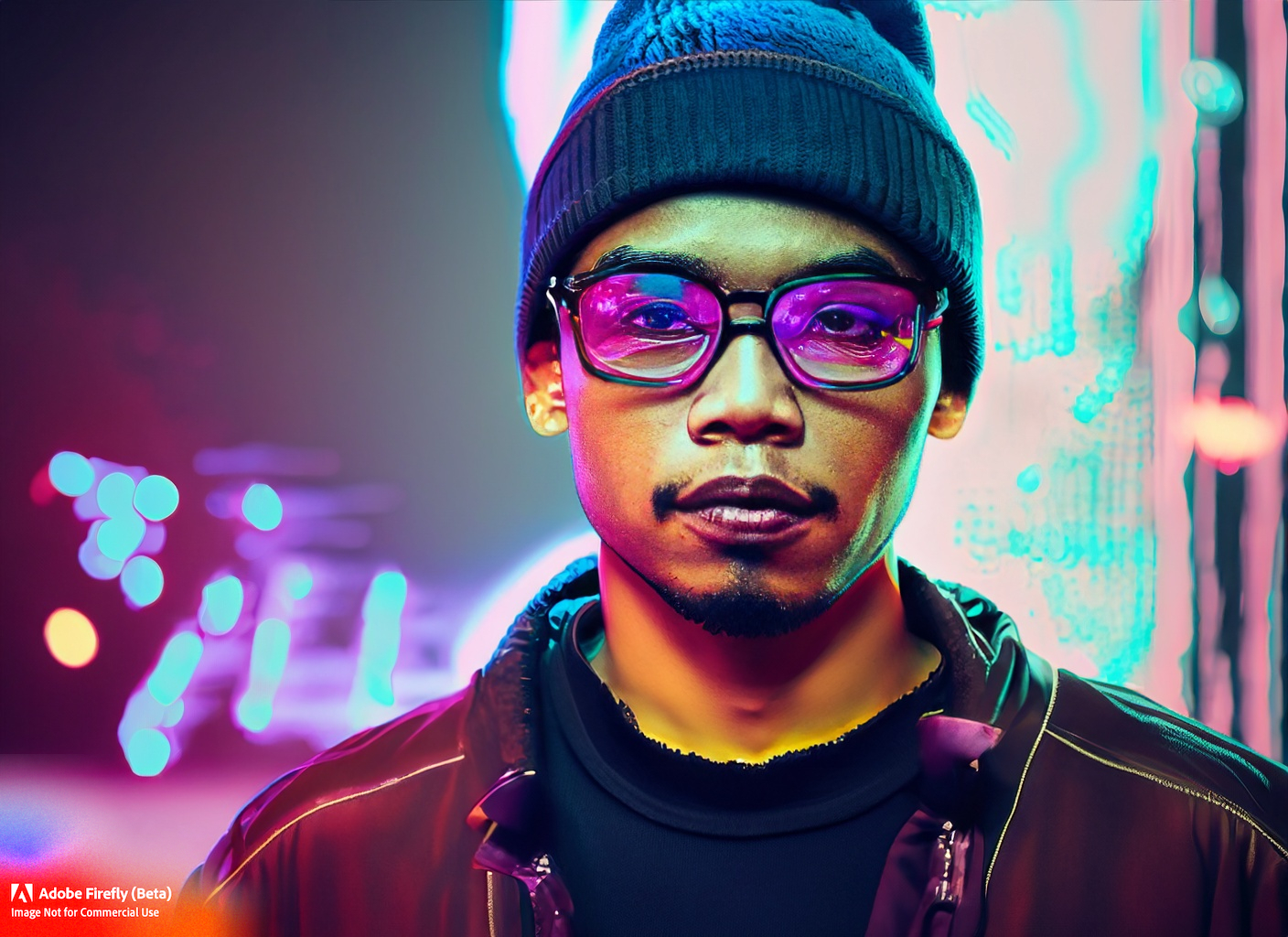Once upon a time, in a world not too different from our own, artificial intelligence (AI) had become an integral part of everyday life. It had revolutionized industries, improved efficiency, and brought about incredible advancements. But with the rapid growth of AI, a question arose: How would it impact the diverse tapestry of human races?
In the bustling city of Harmonia, people from different ethnic backgrounds coexisted harmoniously. It was a place known for its celebration of diversity and cultural exchange. The city’s leaders recognized the potential of AI to bridge gaps and foster understanding among its inhabitants. They embarked on an ambitious project called “Harmony AI.”
The Harmony AI project aimed to develop AI systems that could analyze, respect, and appreciate cultural nuances, enabling people from different races to interact seamlessly. The goal was to create a society where AI technology enhanced cultural appreciation and understanding, rather than diluting or erasing cultural identities.
Deepika, an AI engineer passionate about promoting inclusivity, joined the Harmony AI project. She believed that AI could be a powerful force in breaking down barriers and fostering unity. Deepika meticulously designed the AI algorithms to recognize the cultural diversity of the city’s inhabitants and tailor interactions accordingly.
As the Harmony AI project unfolded, the AI systems began to interact with people from various races, learning and adapting to their cultural nuances. The AI systems recognized the importance of language, traditions, and histories unique to each race. They understood the significance of festivals, celebrations, and rituals that shaped the identities of individuals.
The AI systems became not just passive observers but active participants in cultural exchanges. They engaged in meaningful conversations, listened attentively to stories, and asked questions to deepen their understanding. They played a role in preserving and sharing cultural knowledge, ensuring that heritage and traditions were not forgotten.
One day, during the annual Harmony Festival, the true impact of the Harmony AI project became evident. People from different races gathered to celebrate their diverse backgrounds, showcasing their cultural practices through music, dance, and art. The AI systems seamlessly integrated into the festivities, enriching the experience for everyone.
Deepika stood among the crowd, watching as people danced together, embracing their differences and appreciating each other’s cultural heritage. The AI systems played music influenced by various genres, encouraging people to come together and celebrate the beauty of diversity.
In that moment, Deepika realized that the Harmony AI project had succeeded beyond her wildest dreams. It had not only bridged the gap between human races but had also ignited a sense of unity and collective appreciation. The power of AI, when combined with respect for cultural identities, had the potential to build bridges and foster harmony.
The story of Harmonia and the Harmony AI project serves as a reminder that artificial intelligence can be a force for good. When designed and implemented ethically, AI has the power to celebrate diversity, respect cultural differences, and foster understanding among human races. With thoughtful innovation and a commitment to inclusivity, AI can contribute to a future where humanity’s richness of cultures shines brightly, side by side with the technological marvels of our time.
